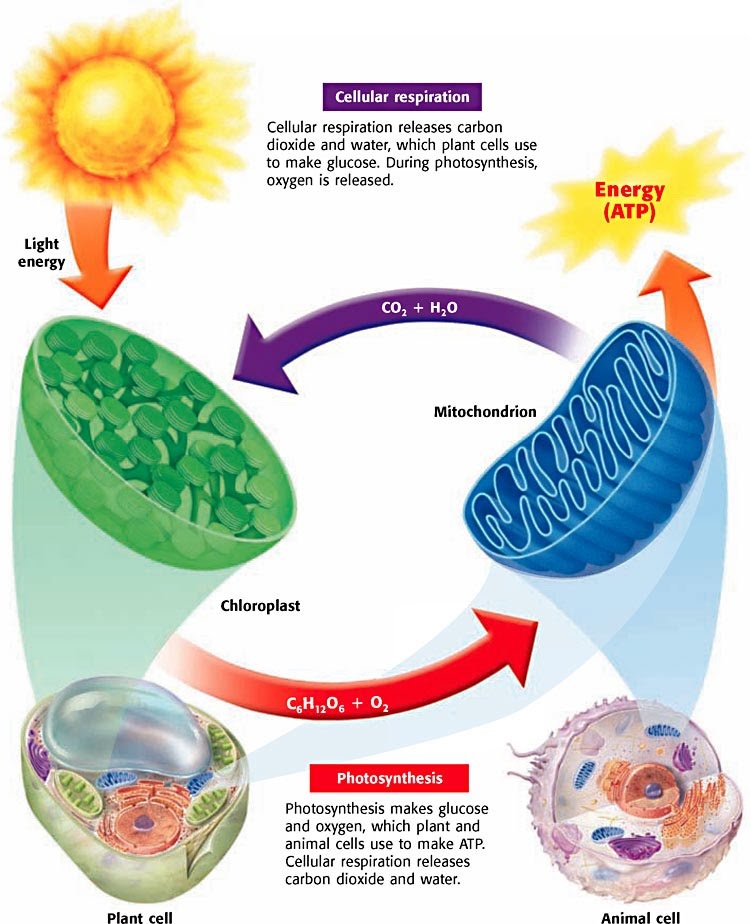

An introduction will be given in several innovative light microscopic techniques (FRAP, FRET) that are very suitable to study this. It is essential to study the behaviour and interaction of molecules in a living cell which has a very different context (molecular crowding) from the diluted solutions, which have been mostly used for these studies. Therefore studies on mechanisms underlying cancer formation have provided major insight in how these processes are controlled. Tumour cells are in general formed when genes controlling the cell cycle, DNA repair, apoptosis, nuclear organisation or cell mobility are mutated (cancer is a DNA disease). This part of the lectures will be centred on the theme Cancer. With all the building blocks (ao proteins) at hand, the most important challenge in biology is a more synthetic approach to try to understand the connections between the building blocks. This can be seen as the climax of research driven by a reductionisms approach. Genome wide sequence analysis has resulted in the identification of all the genes of several organisms. At the end of the course, the results of these studies will be presented in a lecture. The biochemical part of this course will be finished by studying actual topics related to regulatory strategies in a small group. The hormonal and enzymatic regulation of pathways controlling metabolism and cell identity will be discussed as examples of regulation at the organismal level. This includes the biochemistry of regulatory strategies of cellular processes, the biochemistry of signal-transducing pathways and the human sensory systems.

These molecular concepts will be discussed in this course.

Contents:īiochemical and Molecular (Cell) Biology research has resulted into new insights in the strategies cells use to regulate their processes. MOB-30306 Control of Cellular Processes and Cell Differentiation VakroosterīIC-20306 Cell Physiology & Genetics BIC-20806 Enzymology MOB-20306 Gene Technology.


 0 kommentar(er)
0 kommentar(er)
